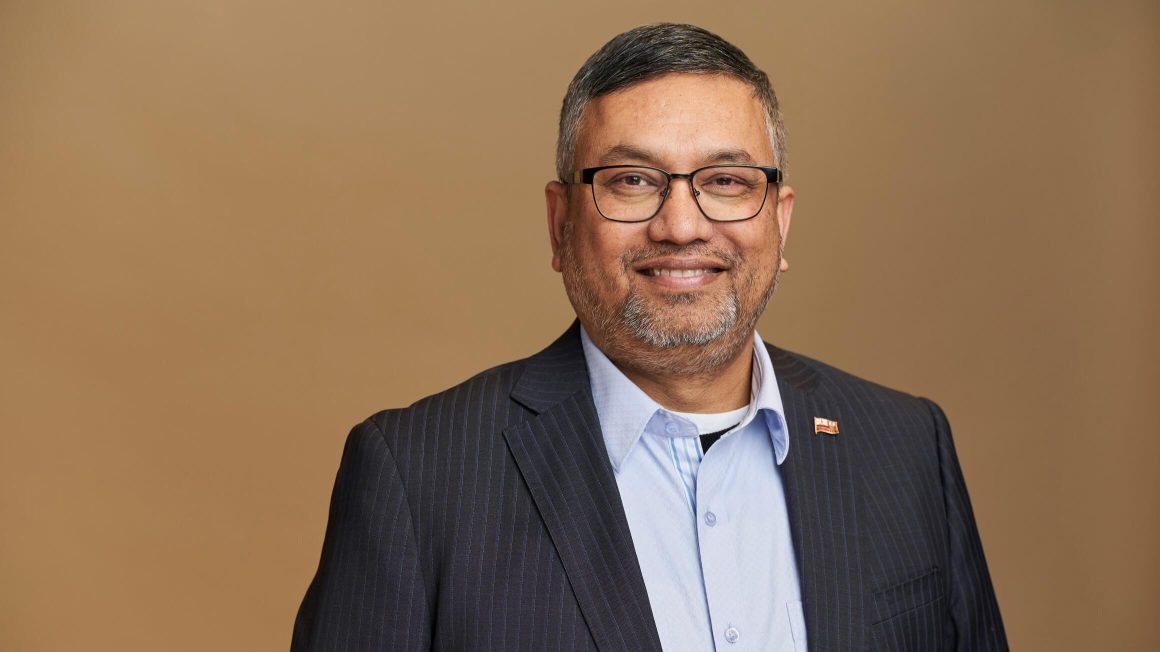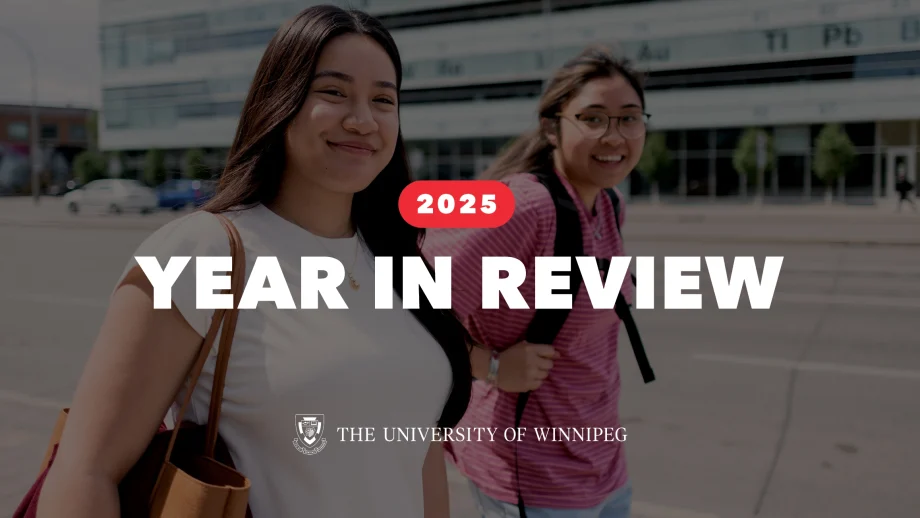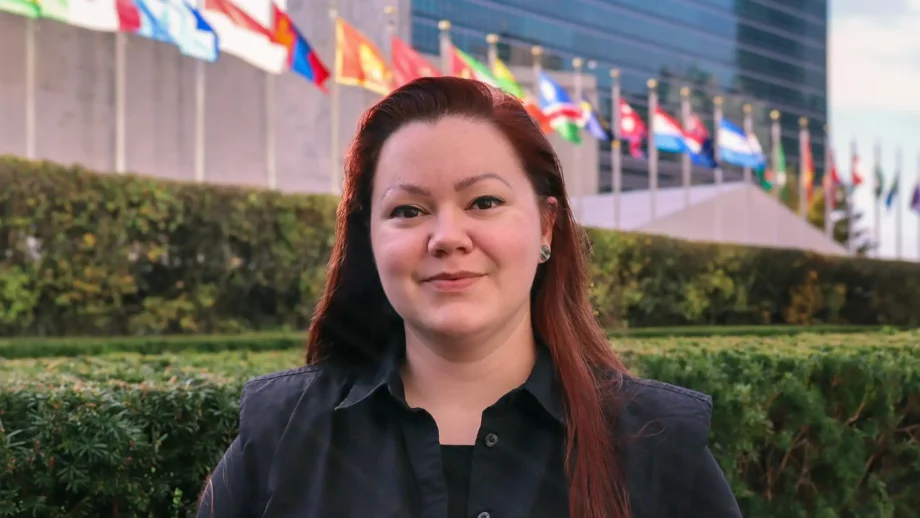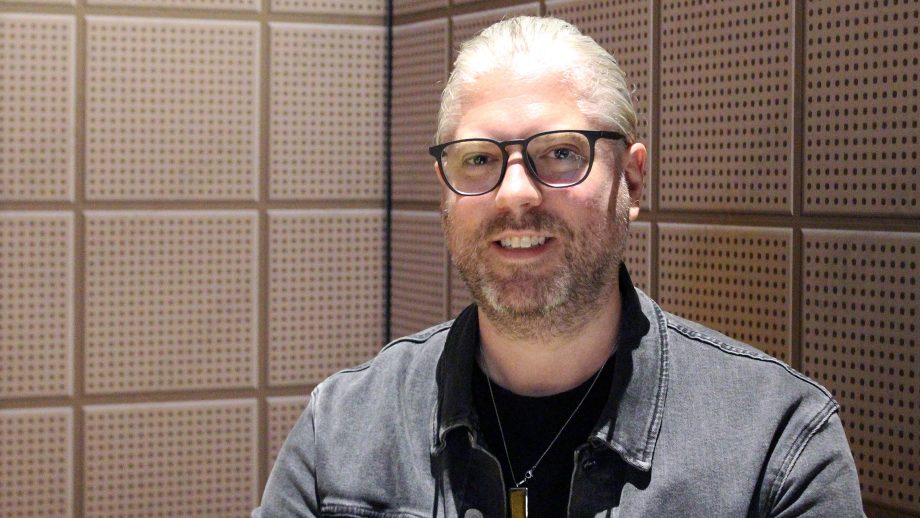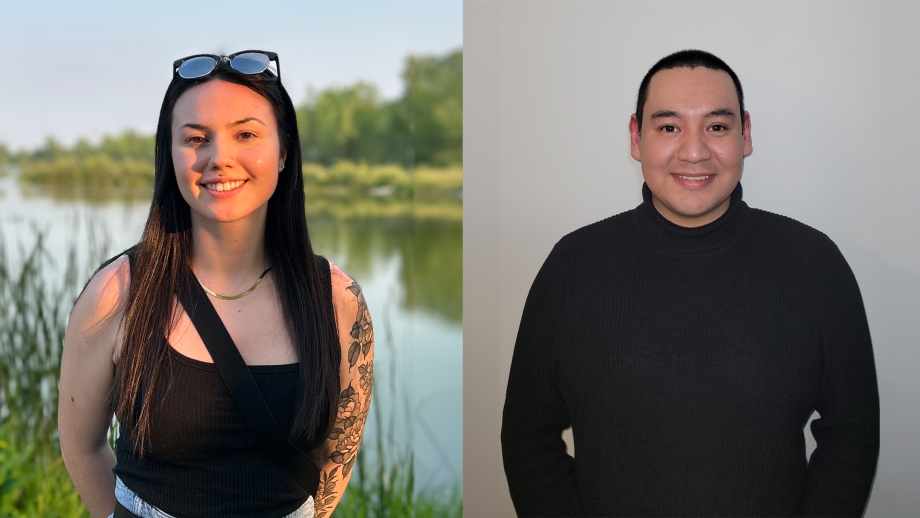UWinnipeg adjunct professor, Dr. Kawser Ahmed, hopes a new initiative will bring an end to armed conflict in Myanmar and foster lasting peace in the region. The Conflict and Resilience Research Institute Canada (CRRIC) at UW Global College received new funding in February of this year from Global Affairs Canada for their project, Charting a Path to Lasting Peace in Myanmar.
Following Canada’s Minister of Export Promotion, International Trade and Economic Development’s visit to Singapore and Brunei in February 2025 for the third annual Canada-in-Asia Conference (CIAC), she announced the funding of the first $4 million over four years, under the Regional Connectivity Envelope (RCE), to support Canadian non-governmental organization, Indigenous organizations representing First Nations, Inuit and Métis, and academics as they pursue initiatives with Indo-Pacific partners in key areas of mutual interest such as security, climate, and trade.
Dr. Ahmed, Executive Director of CRRIC, said this project aligns with Canada’s Indo-Pacific Strategy and will use research, education, reconciliation strategies, and an eNegotiation system in its peace interventions.
“If you go to northern Rakhine and other areas, they’re in constant armed conflict,” Dr. Ahmed said. “They’ve been inside this armed conflict intensely since 2021, and intermittently for six or seven decades.”
In spite of a devastating earthquake that occurred in the region on March 28, 2025, Dr. Ahmed hopes this project can stabilize the security situation in Myanmar through a ceasefire and initiate discussions to address development in the area. Ultimately, his goal is for refugees, like the Rohingya people, to be able to return to their homeland.
Research, education, and reconciliation
“The first phase of our project is, of course, research,” Dr. Ahmed said. “There’s hardly any research done in that region, and particularly on the Myanmar conflict.”
Dr. Ahmed and his team will study Myanmar’s original peace plan as well as the Aceh Peace Process, which has been successful in Indonesia.
“We are going to study how it worked, what were the roles of the Track II diplomacy stakeholders, and what are the challenges they encountered,” said Dr. Ahmed.
Data collected during the research phase will be used to populate an online eNegotiation system called Smartsettle.
Through Smartsettle, stakeholders can negotiate virtually and review potential agreements which are generated using algorithms. Dr. Ahmed hopes this will revive peace talks in the area and lead to a ceasefire agreement.
“The second phase of this project is education, starting with a number of workshops,” said Dr. Ahmed. “We’re going to travel to Bangladesh, and to five or six countries in the region, to run training sessions with Smartsettle.”
The education phase will wrap up with a five-day seminar in Ottawa, which will bring in Indigenous leadership to talk about reconciliation strategies that may be relevant in Myanmar. Dr. Ahmed also hopes the seminar will lead to the development of a draft peace resolution.
“Our Canadian Indigenous component is super relevant in terms of reconciliation,” he said. “There is too much bloodshed; too many lives lost over seven or eight decades of hostility, division, and mistrust. I want to show them that reconciliation is also an important part of peace intervention. Otherwise long-term, sustainable peace will not hold.”
Something to go home to
Although this is only a two-year project, Dr. Ahmed hopes that Charting a Path to Lasting Peace in Myanmar will lay the groundwork for continued discussions on peace and development in Myanmar.
“These areas are highly underdeveloped,” he explained. “Livelihood is destroyed. And, if you’re talking about refugees returning to their homeland, like Rohingyas and others, what will they do?”
Building up the economy in Myanmar, Dr. Ahmed said, will be a key factor in the long-term success of this project.
“Poverty is one of the main drivers of conflict and why ethnic armed organizations can recruit people,” he said. “Because there are no jobs, the easiest job is to work in the militia. The sense of self-determination must be addressed, otherwise whatever you do won’t be sustainable.”
Opportunities for UWinnipeg students
Dr. Ahmed said this project is a great opportunity for UWinnipeg students to be exposed to peace processes. He plans to hire at least five UWinnipeg students to work directly on the project.
“This is going to be a fantastic example to directly participate and to see what it looks like to put the theory on the ground,” he said.
Dr. Ahmed’s work on this project will also increase practical learning for students in his Global Politics course. He plans to incorporate experiences and knowledge from this project into simulations that will test students’ abilities to understand theories and apply them in real-time situations.
“It helps them understand how to talk about disposition, atrocity, violence,” he said. “How two people, victim and perpetrator, can talk, and how this kind of negotiation takes place. It also helps guide students to come up with their own ideas of peace intervention.”
UWinnipeg’s Global College fosters Global Citizenship and engagement in human rights, development practice, and peace and conflict studies through interdisciplinary teaching, research, dialogue, and action in local and global communities.
Conflict and Resilience Research Institute Canada (CRRIC) is a research organization in UW’s Global College. CRRIC studies emerging social conflict issues associated with genocide, ethnocide, radicalization, human rights violation, statelessness and refuge, as well as resilience and evolving livelihood strategies of the victims of perpetration.

